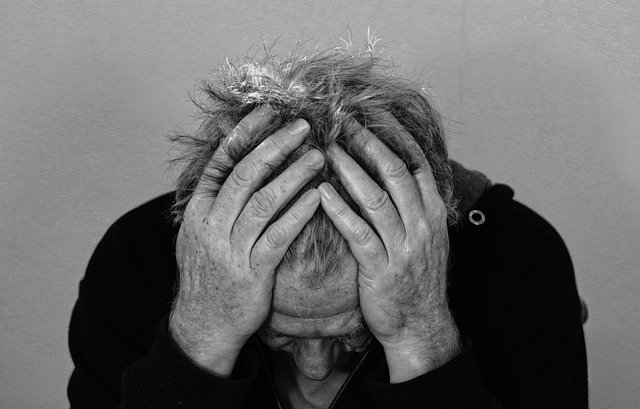Where Can You Feel Pain With Prostatitis?
Date:2022-07-20 click:0
Prostatitis is a relatively common disease in adult men. 50% of men may be affected by prostatitis at various stages of growth. Although it is not a life-threatening disease, acute and chronic prostatitis can cause pain in some parts of the body, seriously affecting the patient's quality of life.
Prostatitis can cause urethral pain. Prostatitis is mostly an ascending infection of the urethra. The common bacteria are gram-negative enterobacteria or pseudomonas, staphylococcus, and streptococcus. Also, the pathological changes are prostate acinar diffuse leukocyte disease and tissue Edema. The main clinical symptoms are high fever, chills, drainage pain, general malaise, perineal pain, frequent urination, urgency, and bladder irritation symptoms.
Prostatitis disease is relatively common in our daily life. Patients with this disease will have testicular pain, scrotal pain, etc., and symptoms such as frequent urination, urgency, and dysuria. Patients who have this disease must pay attention to it. Because it has a significant impact on the fertility of male patients, it can lead to infertility in severe cases.

Patients can go to the hospital for prostate fluid examination, digital rectal examination, and so on. Both acute and chronic prostatitis can cause pain in some body parts. Local pain in acute prostatitis can appear in the lower abdomen, external genitalia, and perineum. If the rectum is stimulated, rectal pain can occur.
Prostatitis also presents with pain around the prostate. It even involves the inner side of the thigh, and sometimes it can spread far away to the lower back or even shoulder pain.
When a patient has the above symptoms, the type of disease should be identified under the guidance of a doctor, and then the cause should be treated:
1. Operation treatment: For patients with recurrent chronic bacterial prostatitis. For patients with prostate abscess, an intraoperative incision through the rectum, episiotomy, drainage, deep incision of the abscess, through tissue forceps, emptying the pus. Patients should pay attention to perineal cleaning and wound protection after surgery.
2. Medical treatment: When the patient's symptoms are not particularly severe, medication can be used for treatment. Diuretic and Anti-inflammatory Pill is a good choice for patients with prostatitis who have been diagnosed. Its broad-spectrum antibacterial properties can kill various bacteria, viruses, and pathogens such as mycoplasma and chlamydia that cause diseases of the male genitourinary system. From a clinical point of view, Diuretic and Anti-inflammatory Pill can eliminate pain and other symptoms and cure prostatitis.
3. Physiotherapy: Using the thermal effect of microwave, radio frequency, laser, and other physical means to promote metabolism and accelerate the blood circulation of prostate tissue. It is beneficial to eliminate tissue edema and inflammation, relieve pelvic floor muscle spasms, etc. It can alleviate the discomfort symptoms of patients to a certain extent. Hot topical sitz baths can also reduce the patient's discomfort.
4. During the treatment of the disease, patients are advised to maintain reasonable living habits and avoid symptoms of staying up late. Drinking more water can increase urination, which is conducive to the subsidence of inflammation. The diet should be light, do not eat spicy and irritating food, pay more attention to local cleaning, and change underwear frequently.
The prognosis of different types of prostatitis is different, but most patients have a good prognosis after timely and effective treatment.
Acute bacterial prostatitis can be transformed into chronic prostatitis if treatment is incomplete. Chronic prostatitis (chronic pelvic pain syndrome) can be cured, but some patients' symptoms can be repeated, which is closely related to the patient's lifestyle and work habits. And some patients have depression or anxiety, and local pain is a secondary manifestation. For these reasons, some patients' symptoms are difficult to cure radically. For these patients, psychological treatment is more important than drug treatment.
Recommended Readings:



